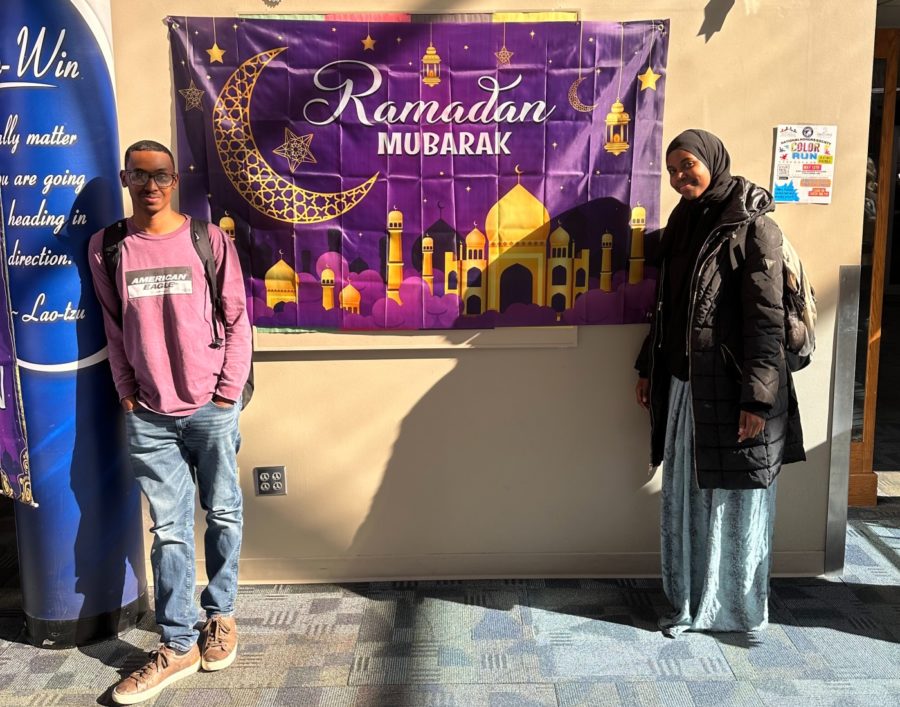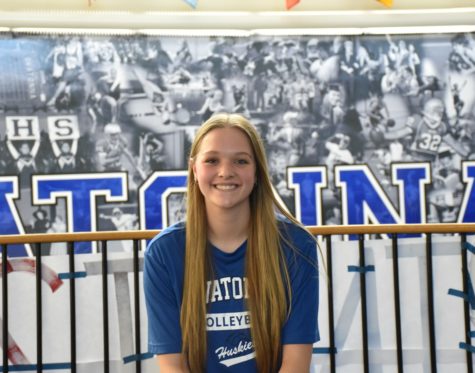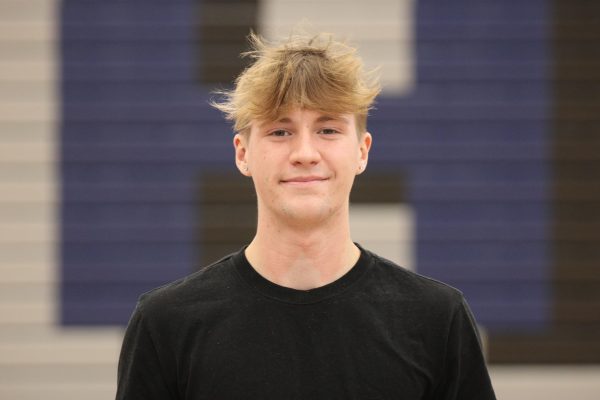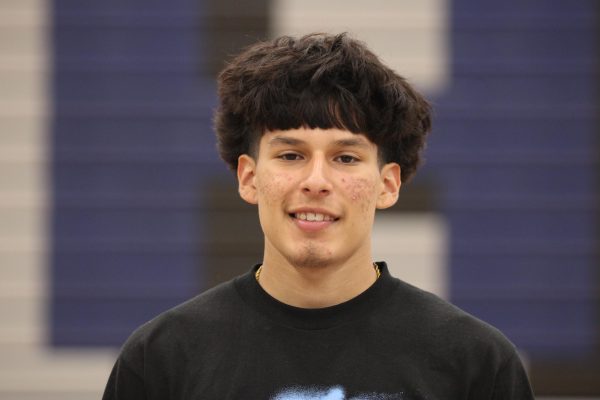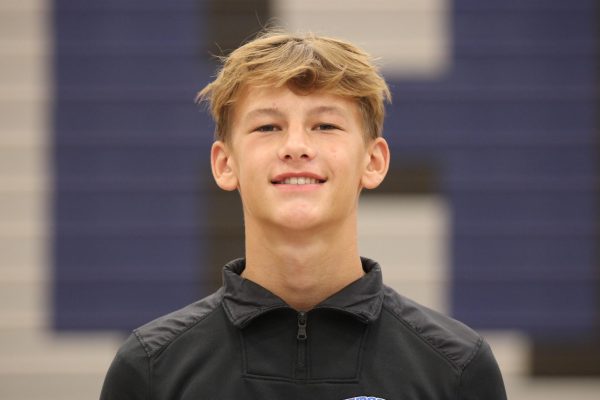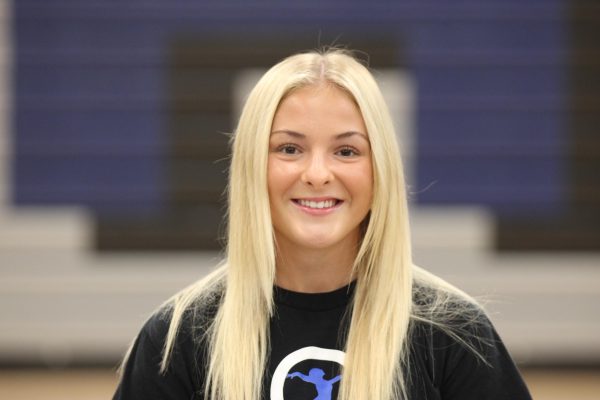What everyone should know about Ramadan
Abdullahi Moussa and Ugbad Mohamed celebrate Ramadan at OHS in the month of April.
April 18, 2023
Ramadan to the Muslim community, is considered one of the holiest months of the year. It is the ninth month of the Islamic calendar, which is the month of fasting, prayer, reflection and community.
Islamic tradition says that the “Night of Power” was during Ramadan and it is meant to commemorate one of the last 10 nights of Ramadan, usually the 27th night. It was that night that the Qur’an was revealed to the prophet Muhammad by God. The Qur’an is the Islam’s holy book which is meant to guide the followers of Islam. Ramadan is a period of prayer in the mosque, interpersonal reflection and reading of the Qur’an.
Senior Ugbad Mohamed said, “I sacrificed my sleep, I was going to the mosque every night praying.”
Fasting is a big part of Ramadan, however there are exceptions for children, elderly and people with health concerns causing constant nutrition.
The exposure and absence of the new moon is the start and end of the Ramadan season. It is the ninth month which is based upon a 12 month lunar year. The lunar year is about 354 days which since it is 11 days shorter than the solar year, each lunar month moves 11 days earlier each year. It takes a total of 33 solar years for the lunar months to complete a full cycle and return to the same season. This year, the month-long fast of Ramadan began March 23 and will end around April 22/23. With it lasting 29-30 days, it will always end at the arrival of Eid al-Fitr which is the “Festival of breaking the fast.” This festival will begin Thursday, 20 April and end Saturday 23 April.
Ramadan is a self-reflection time for the Muslim community and it tests them both physically and spiritually. They avoid negative acts such as gossiping, lying or arguing along with the avoidance of food or drinks.
Senior Abdullahi Moussa said, “Ramadan to me signifies responsibility and sacrifice.”
It is a very highly social time among the Muslim community and they invite each other over to break fast or to pray. Fasting specifically is to gain greater God consciousness and gain a closer bond with God and with themselves. The awareness of Ramadan is meant for the Muslim community to gain greater discipline, self-restraint and a greater drive to do good and avoid wrong.
Moussa said, “Fasting makes some days feel long and could make doing everyday tasks difficult like working or I feel just lazy and don’t want to do anything.”
Although drained from the lack of nutrients in the body, there has been proof that fasting gives your digestive system a break and can heal the body by lowering cholesterol.
Mohamed said, “There’s a lot of benefits to fasting such as decreased inflammation, improved blood sugar control and also fasting helps you focus better and you will have clearer thoughts.”
Many activities during Ramadan occur with the Muslim community coming together. Many Mosques host daily community dinners to break fast together which is a great service for people who are sick of cooking, children and the poor. After the night prayer, Taraweeh are held in the mosques. Taraweeh is when the prayer leader recites one thirtieth of the Quran so by the end of the month they would have recited the whole book. Considering this is a time for Muslims to give and be charitable, many mosques will hold food drives or fundraisers to support the poor and people who need it most.
Mohamed said, “Ramdan is not just about fasting there’s more to it. You’re encouraged to go help out the needy and offer charity. It’s a month of worship and a month to become a better version of yourself and lose all the bad negative habits of yours.”
Laylat-al-Qadr, otherwise known as the Night of Power, is considered to be the most blessed night of Ramadan when the Quran is believed to be first revealed. This night occurred on Monday, 17 April.
At the end they have a festival called Eid ul-Fitr or the “Festival of the Breaking of the Fast” which is to celebrate the ending of Ramadan with food, gifts, games and lots of social time.
Moussa said, “Every year there is a sense of relief finishing Ramadan and looking forward to celebrating and to have a sense of normalcy after.”
Ramadan is the Muslim community’s way of self-reflection. The OHS students taking part in Ramadan are just around the corner to their final celebration, Eid ul-Fitr where they will break the fast and celebrate their success in Ramadan.

